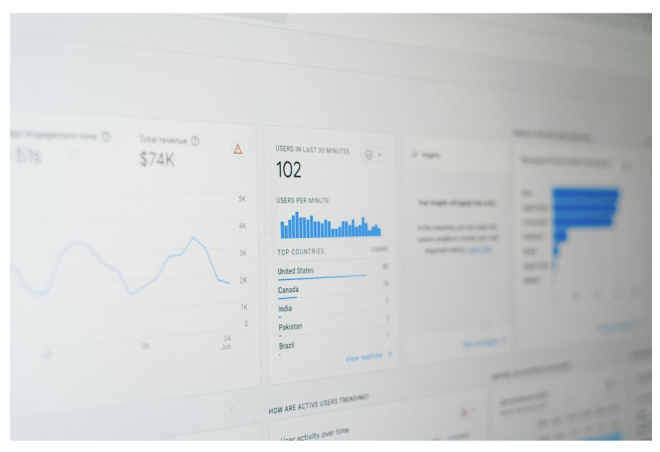- Change theme
What to Expect in Your First 90 Days with a Digital Marketing Agency

Hiring a digital marketing agency is usually a smart move when you want to grow.
00:15 30 July 2025
What to Expect in Your First 90 Days with a Digital Marketing Agency
Hiring a digital marketing agency is usually a smart move when you want to grow. Whether you’re aiming to generate more leads, improve your online visibility, or increase sales, the right agency can provide the structure, expertise, and consistency that internal teams often struggle to maintain. But once you’ve signed the contract, what happens next?
Onboarding and Discovery
Your relationship with a digital marketing agency begins with onboarding. This is the part where the agency learns your business inside out. Expect to meet with account managers, strategists, and possibly channel specialists, depending on the size of the agency and the range of services you're using.
During the first couple of weeks you’ll typically provide access to your digital tools, things like Google Analytics, Google Ads, your website CMS, email platforms, and social accounts. You’ll also talk about your goals, your customers, your competitors, and any previous marketing activity.
The agency will start to get a sense of which digital marketing services will drive the best results for you. The aim at this stage is clarity, both sides should leave this phase with a shared understanding of what success looks like.
Audits and Research
Once the agency has the access and information it needs, the focus shifts to audits and research. This is a deep dive into your current digital performance and the landscape you’re operating in. This should be within the first month.
The agency may conduct technical SEO audits, assess the performance of your paid media campaigns, review your email open and click-through rates, analyse your content, and examine your competitors’ activity. They’ll also look at user behaviour on your website — where people are dropping off, what they’re engaging with, and what might be blocking conversions.
Your agency is building a detailed picture so that when activity begins, it’s targeted and effective. If you’ve signed up for multiple digital marketing services, this audit phase is how a good agency decide how those services should work together.
Weeks 4–6: Strategy Development and Approval
By the end of the first month and armed with data and insights, your digital marketing agency starts the strategy. They’ll map out a phased plan with clear objectives, timelines, channels, and goals.
You’ll see a breakdown of which services will be used and why. This strategy should also set out key performance indicators and the metrics that will be used to measure success. You’ll be asked to review and approve the plan, but this should be a collaborative process, not a handover. You should understand what’s coming next, how success will be measured, and when you can expect to see results.
Weeks 6-8: Initial Implementation Begins
Once the strategy is signed off, execution begins. This is when you start to see the visible outputs of the agency’s work.
This isn’t when you see the final results. These are the first steps in a long-term process. Campaigns often need refining. Content takes time to be indexed and ranked. Even paid ads need to run for a while before meaningful optimisation can happen. But this is when momentum begins to build.
Early Results and Optimisation
As you go into month 3, your digital marketing agency has data to work with. Early trends start to emerge. Are users clicking through your ads? Which landing pages are converting best? Are your email subject lines getting the right engagement?
This is the phase where adjustments are made. If the agency is doing its job properly, this phase is about learning and adapting, not defending results. Digital marketing services work best when there’s constant feedback and iteration, and that’s exactly what should be happening now.
Ongoing Communication and Support
Communication is key. Most digital marketing agencies will schedule regular calls or check-ins to keep you updated and involved. You should feel informed, not overwhelmed, and you should know who to contact if you have questions.
Good agencies also provide reporting dashboards or concise monthly summaries that show what’s been done, what’s next, and how things are performing. If you’re not seeing that level of transparency, it’s a red flag.
This early period is all about building the systems that will drive long-term growth. A good digital marketing agency will help you understand what is realistic. You might see an uptick in ad traffic, an improvement in bounce rate, or early conversions from a new campaign.
Final Thoughts
Your first 90 days with a digital marketing agency should be structured. This is when goals are clarified, audits are run, strategy is developed, and the first actions are set in motion. It’s also when trust is built.
Digital marketing requires planning, adaptation, and alignment. If you’ve chosen the right agency, the early groundwork will set the tone for a long and productive partnership. Stay engaged, ask questions, and focus on progress.
